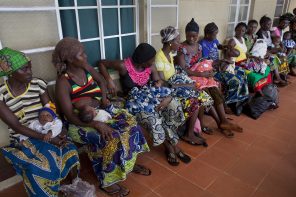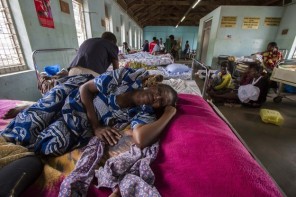Here’s something that piqued my interest: Yesterday, Ugandan drug manufacturer Quality Chemicals announced that it’s going to manufacture a single pill to replace the cocktail of anti-retroviral (ARV) drugs used to prevent the progression of HIV.
A central problem in treating HIV is making sure patients take the right drugs at the right time. Public health professionals call this “compliance,” and it’s not easy. The drugs also require proper nutrition to work, and patient follow-up care. A comprehensive review of long-term retention of patients on ARV treatments found programs in sub-Saharan Africa lose 40 percent of their patients by the end of the second year of treatment, mostly due to follow-up care obstacles.
Anything that makes it easier to treat people is surely a good thing. It’s tempting to think that local manufacturing of drugs is also a good thing, but that looks a little murkier. BBC’s “African Dream” series last year reported that Quality Chemicals was certified in “good manufacturing practices” by the World Health Organization in 2010. According to the BBC, the designation allows the company to sell to NGOs, but the company’s biggest customer is the Ugandan Ministry of Health — and the greatest number of drugs the MoH is buying are Indian and Chinese: 90 percent of Uganda’s ARVs are still manufactured abroad.
Uganda’s Anti-Corruption Coalition (ACC) says the arrangement amounts to corruption. The ACC says Quality Chemicals and the government cut a deal in 2005: The Ugandan government would buy all of its ARVs from Quality Chemicals for seven years, in exchange for the company building a manufacturing plant in Uganda. To incentivize that investment, the government agreed to pay a 15 percent markup on the drugs, which were supposed to be cheaper regardless because they were manufactured locally. But because most of Quality Chemicals’ stock is still imported, the ACC says the effect is that the Ugandan government is simply paying a 15 percent middleman’s fee to Quality Chemicals.
I’d be curious to hear what others know about this, especially those living in Uganda and/or working in the health sector there.
Regardless, the single-pill ARV is still a ways off. BBC’s Focus on Africa, which reported news of the single pill yesterday, says it’s not on the market.



